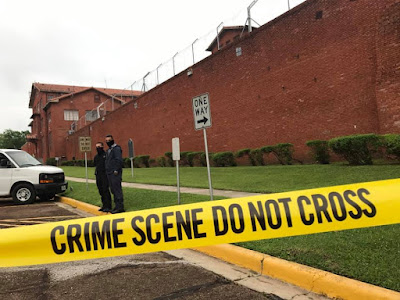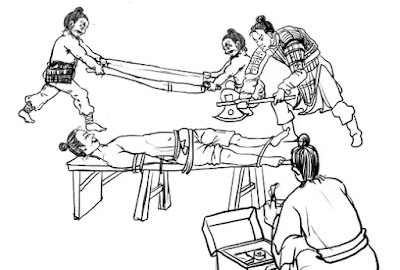TOKYO - A Japanese high court judge was impeached Wednesday for posting on social media in 2017 messages that were found offensive to the bereaved family of a high school girl murdered two years earlier, marking the first time a judge has been dismissed over the expression of views.
The Judge Impeachment Court deemed the series of posts made by Kiichi Okaguchi of the Sendai High Court, who is currently suspended from duty, constituted "gross misconduct" beyond the scope of freedom of expression.
With no option to appeal, the ruling means that Okaguchi will lose his legal qualifications for at least five years.
The 58-year-old is the eighth judge to be dismissed by the court to date for misconduct, with the last judge dismissed around 11 years ago for secretly taking underskirt photos of a woman on a train.
Okaguchi was indicted for 13 posts made in relation to the 2015 murder of high school student Kana Iwase, who was 17 at the time of her death.
In 2017, he posted on his personal Twitter account that Iwase was "mercilessly" murdered by a "man who has the propensity to be sexually aroused by watching a woman being strangled and agonized."
Almost two years after the tweet, he posted on Facebook that "the bereaved family has been brainwashed by the Tokyo High Court office and others to criticize me."
In handing down the ruling, Presiding Judge Hajime Funada said that Okaguchi had also "damaged the honor" of the victim's family with his subsequent post.
In a damages suit brought by the victim's family, the Tokyo High Court in January ordered Okaguchi to pay 440,000 yen in damages for part of his social media posts, upholding a lower court decision. The ruling was later finalized.
Source:
Japan Today, Staff, April 4, 2024
_____________________________________________________________________
"One is absolutely sickened, not by the crimes that the wicked have committed,
but by the punishments that the good have inflicted."
— Oscar Wilde






.jpg)





